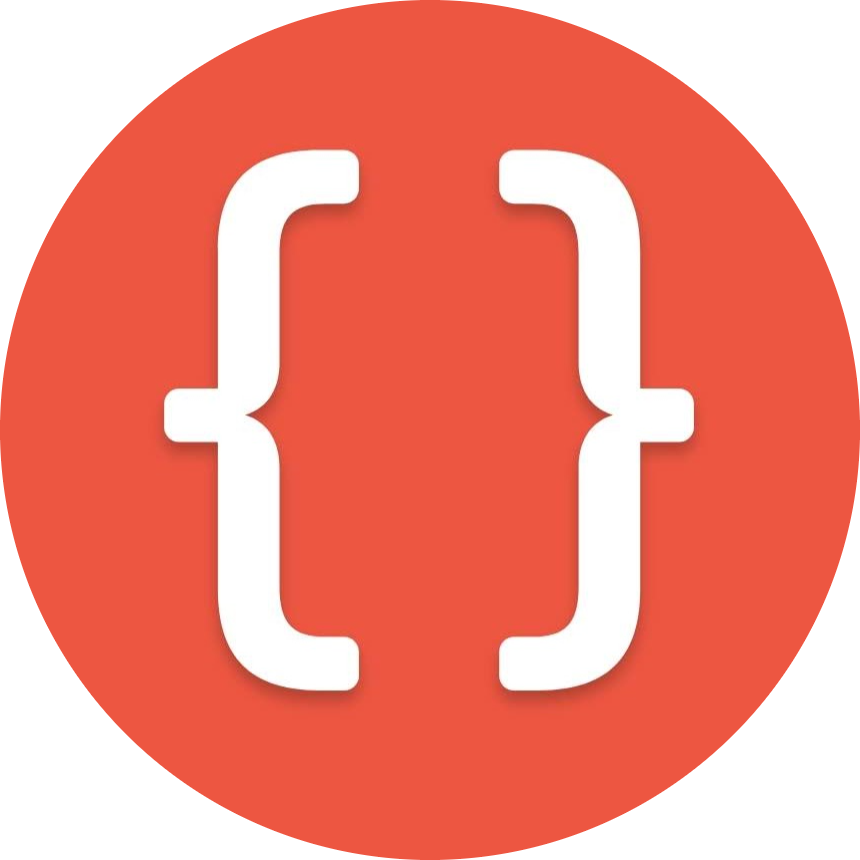Is it worth graduating to be a programmer?
Thiago Alves • 05/15/2020
A few days ago, I mentioned in a post that many people came to me and asked which college they needed to go to start programming. As I think about how this question has an obvious answer for me, I remember how, thirteen years ago, I was even more lost than those people.
If you're in a hurry and came to this post looking for a quick answer, I'll give you my opinion on the subject: it's not worth going to college for programming.
That simple?
No. There are a several factors to be evaluated such as course quality, previous level of knowledge and personal desire, for example.
Yes. When we think on the pros and cons, the second one always wins. Ironically, this becomes clearer after you graduate.
My evaluation criteria
The dynamics of the profession
Programming is an extremely technical and practical activity. It's like in being a car mechanic, it doesn't matter how many books you read on the subject. That doesn't make you a professional. The theory needs to be applied to transform it into actual knowledge.
Useless content in courses
During my undergraduate studies, I took classes on administration, accounting, Portuguese, English, law, among others. A considerable amount of hours dedicated to subjects that served no purpose. From what I've seen from other colleges, it's very common for these subjects to be present in the curriculum just to increase the workload.
The price
It is not difficult to find a degree that costs a considerable amount of money per month/year. The amount of content that it is possible to access using half of that and without going out is immeasurable.
You can make much smaller investments to learn more specific things. Not to mention the amount of free, well-qualified content available on the internet.
The time
Image you spending 3,200 hours, inside a classroom. This is an approximate number of hours of a higher education course in the technology industry. Now, imagine using this time to study only what you want to focus on, like developing applications, for example. A little imagination is enough to understand the obvious, isn’t it?
The diploma doesn't matter that much
In many areas, such as medicine, it is unthinkable for a professional to work without graduating. In programming, it doesn't happen exactly like that.
Even if you have a nice diploma on the wall, without practical experience, it is very likely that you will lose a position to another professional who has been working in the field for a few years and only has a high school degree. The important thing is what you know in practice, the problems you have already solved, the projects you have already participated in.
Don't you get anything out of college?
It's not quite like that. There are a series of concepts that we work on in programming that are learned in undergraduate courses, especially for those who are starting - practically - from scratch. Algorithms, data structure, object-oriented programming, systems architecture, standards.
On the other hand, it is essential that these teachings are put into practice during the course. Otherwise, very little will be useful. It is also important to say that it is completely possible to learn those things in another way.
My experience
I already wrote here on the blog about my first experiences in programming.
Contrary to my opinion, I took two courses: technician and a three-year associate degree. 13 years ago, we still didn't have so much access to information and the truth is that I didn't even know what a programmer did, much less how to become one.
Even though I studied, I tried to put it into practice very early and that was what really made the difference for me.
I was able to interact with a few dozen professionals in my field and, whenever we brought up the subject, we reached the same conclusion most of the time. Many abandoned their courses halfway through because, after some time in the market, it no longer made sense to spend time and money on college.
Then
If your dream is to go to college, really, do it! My intention with this text is not to demotivate anyone, it is to make you understand that you don't need it and that it's just not worth it.
The most important thing is that you put into practice what you study. Start a project on your own, about anything and simply code it. With each challenge you face, new lessons will be learned. This is how we still learn today.
It is also important to mention that my opinion is based on my experiences and where I came from. And, I know that are many great colleges out there that offer great courses. My question is: are they the many or the few?
My final tip is to read the post where I talk about the simplest and cheapest way to start a career as a developer. It would be a great starting point.
If you need any help just get in touch.
See you later!

Thiago Alves
Share your thoughts about this post in the comments below, in case you have any questions or would like to suggest a topic.
 THIAGO ALVES .DEV
THIAGO ALVES .DEV 